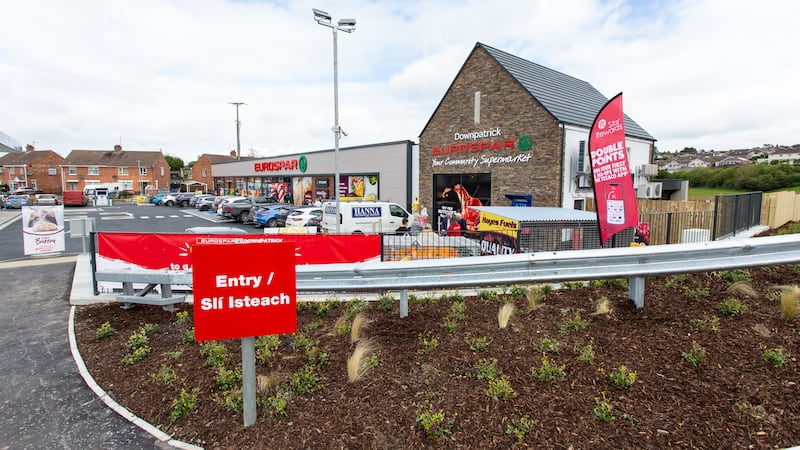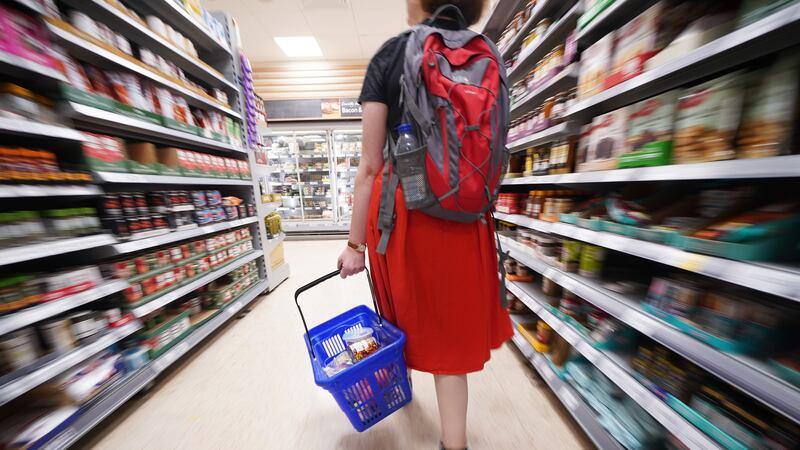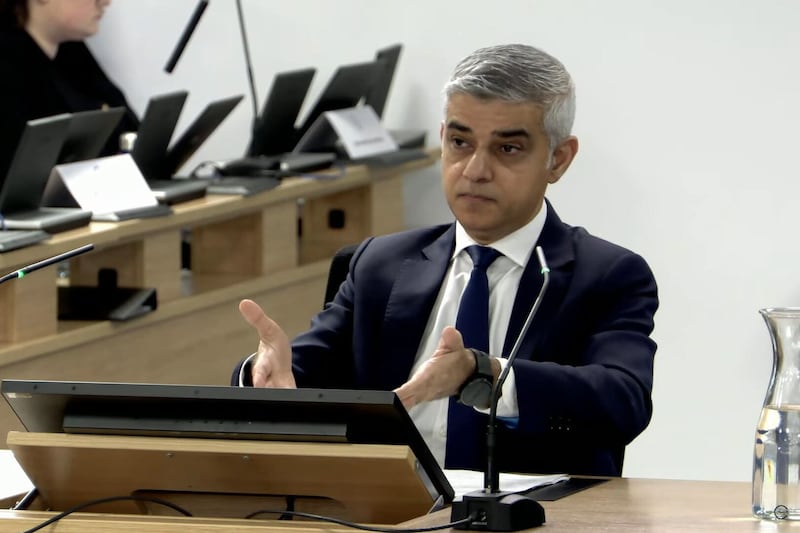ONE in 40 people in Northern Ireland had Covid-19 in the week ending last Friday - the highest level since estimates began in October.
A snapshot of infection rates by the Office of National Statistics (ONS) show the north's rocketing number of cases puts it significantly ahead of England, Scotland and Wales in the latest wave.
For the week up to August 20, a total of 43,300 people tested positive in the north - with the more contagious Delta variant accounting for 90 per cent of cases.
The figures, for private households, show that around one in 70 people in England contracted Covid in that week, up from one in 80 the previous week.
In Wales, the figure was around one in 120 people - the highest level there since the week to February 12 - while in Scotland it was around one in 140, which was a rise from one in 200 in the previous week.
Scotland recorded a record number of daily Covid cases today as the number surged above 6,000 for the first time.
First Minister Nicola Sturgeon said the sharp rise was a "cause for concern" - but ruled out the introduction of a circuit breaker lockdown.
The return of schools in Scotland earlier this month is believed to have contributed to the increase.
Meanwhile, Chief Scientific Adviser Professor Ian Young noted that the Delta variant arrived slightly later in Northern Ireland than the rest of the UK and that he expected the death rate to peak in coming weeks.
He also attributed the north's higher death rate to lower levels of vaccination than in Britain and the Republic.
There have been 148 Covid deaths in the north this month compared with two fatalities in June, according to Department of Health figures.
As pupils prepare to return to their desks, there is an expectation that cases will rise, but experts said it will be crucial to observe if that translates to an increase in hospital admissions and deaths.
There have also been concerns about summer music festivals contributing to a spike, after thousands of cases were suspected to be linked to the Boardmasters festival in Cornwall and hundreds to Latitude Festival in Suffolk.
Public Health England strategy response director Dr Susan Hopkins urged people to "do a test before you go, wear a face covering if you're travelling to and from the festival if you're using public transport, and socialise outside as much as possible".
Dr Simon Clarke, associate professor in cellular microbiology at the University of Reading, said he believes it is likely "we can expect to be slapped with new restrictions this autumn".
He said any decision about lockdown is "made on political grounds" by "weighing the effects on our health and healthcare systems against economic and social costs".
He added: "If it's true that deaths of over 1,000 per week, sustained for a few weeks, is the trigger for 'another lockdown or new restrictions', then we're nearing breaching that threshold.
"With a deteriorating situation in Scotland, and schools and universities set to return next month likely to push the numbers of infections even higher, we can expect to be slapped with new restrictions this autumn."








